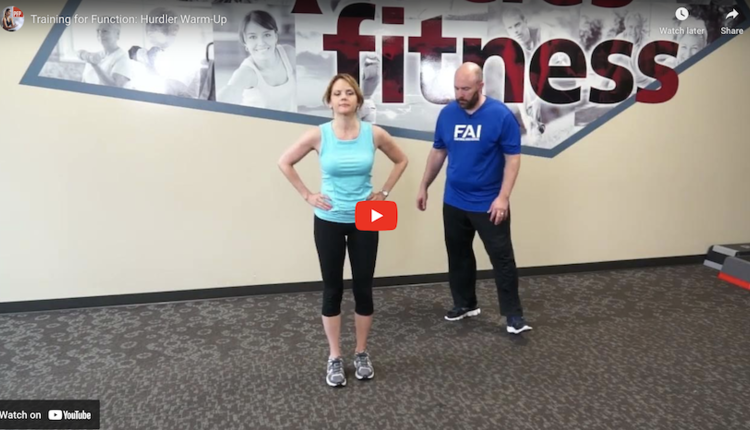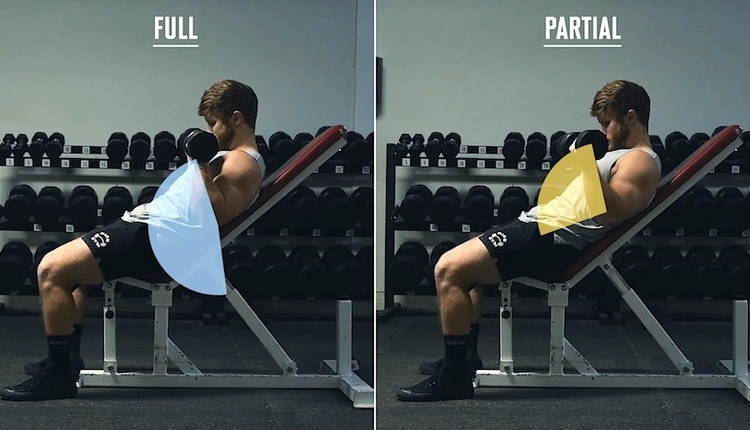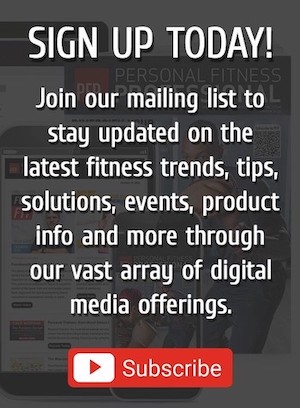Why do you work with clients? Most wellness professionals respond the same way: "I want to help people change their lives." When your clients are adopting the healthy behaviors you teach them, approaching their sessions with gusto and actively improving their lives, you feel on top of the world! You are confident you made the right career choice. But some clients can also make the most competent professional so frustrated that it can drive one to question what he or she is doing for a living. These are the clients who expect their sessions to miraculously "make everything better," leaving the distinct feeling that you must have all the solutions for their misguided actions. The ultimate frustration occurs when you DO have and offer solutions for their destructive behaviors, but these kinds of clients don't take the constructive advice that is given. Clients like this can make many trainers feel drained and exhausted after just an hour. And after weeks and weeks of hearing complaints and excuses, one can start to dread such sessions. In the most extreme case, a wellness professional might suffer from burnout, question the career choice or decide to quit altogether.
Communicating through Coaching
However, there is a solution. Even though many are bound to have difficult clients (it's the nature of any helping vocation), wellness professionals can renew their enthusiasm for training, no matter how many difficult clients one has, through coaching communication. As denoted from its name, this technique derives from the hot field of coaching. But rather than taking on the role of a coach and leaving your chosen job behind, you can learn to utilize coaching communication while working with difficult clients in any setting. By using this technique, you can effectively shift the responsibility for clients' choices and actions from yourself to the client. Therefore, the professional's burden of the client's actions outside of the training sessions is removed, and in fact, such accountability asks clients to come up with their own answers to address complaints.
As the field of cognitive behavioral psychology explains, all action is preceded by thought. Therefore, in order to change an action especially a habitual action one must put some serious thought into changing it. Thus, these frustrating clients are acting without thought and incorrectly expecting something to change. Coaching communication puts the onus on your clients to think about their own actions and formulate new behaviors that support their chosen fitness goals, thereby freeing you from attempting to do it for them.
The Dialogue
So, what is this thing called coaching communication, and how can you use it? There are common issues that most wellness professionals encounter (or will encounter) sometime in their careers. The following dialogue is comprised of responses formulated with coaching communication that you can use when a client brings up such issues:
1. Your client does not meet his or her stated workout/eating goals for the week, sabotaging the plans for reaching a specified level of activity or weight loss.
Coaching Communication: How did your actions help or hurt your progress toward your goals? What did you get by not adhering to your plan? How important to you are your stated goals? What could you have done that you did not do in order to achieve your goals, or what can you do in the future?
2. Your client cancels sessions and complains about not meeting the goals afterward.
CC: What will it take to get you to make your appointments? How important are your sessions to the achievement of your goal? How realistic is it that you will meet your goal if you continue to miss sessions? What will you modify in order to minimize the chances of missing sessions in the future? How can I make it easier for you to attend your appointments with me?
3. Your client consistently relapses (at least once a month) and ignores your advice for avoiding "high-risk" situations.
CC: How do your frequent relapses help or hinder your progress toward your goal? How important is your goal? What other things in your life are more important than your goal
at this time? What will it take for you to dedicate yourself to your goal achievement? What's missing from your plan that you think would help you succeed? What can you do from now on to avoid the situations that cause your relapses?
4. Your client constantly responds to your offerings of advice with, "Yeah, but . . ." excuses and won't try any new habits, despite the negative effects of his or her current unhealthy habits.
CC: How important is it for you to get healthy at this time? What will happen if you continue to do the same exact actions that you've always done? How do you plan to achieve a healthier body? What actions are you willing to change? What can I possibly do to help you get what you want?
After reading such a transcript, what have you noticed about these questions? Notice how each question begins with "what" or "how." These questions are so effective, and coaches utilize them constantly because they force the client to think and to formulate substantive answers that include actions. In effect, these questions result in actionable answers. And since our profession is to create healthy lifestyle behaviors (also called actions), it only makes sense that our communication with clients is actionable.
Asking the Right Questions
In the past, the reason many professionals are frustrated by challenging clients is because they ask the wrong questions questions that elicit a "yes or no" answer or those that begin with "why." Neither type of question is effective because it doesn't elicit any real thought and certainly no action on the client's part. "Yes or no" questions put the client on automatic pilot, and they are not valuable for the professional. "Why" questions also put clients on the defensive, and the only results they produce are varied excuses. Many wellness practitioners can go around in circles for hours with these types of questions, leaving them exhausted and their clients stuck where they were. As a fitness professional, you have been taught that it is necessary to have all the answers for your clients. You do need to know how their bodies work. You definitely need to know how to design safe, effective programs. And you have to be resourceful enough to find the appropriate answers for fitness and nutrition-related topics that might not be at your fingertips.
But what you should NOT and CAN not be is the expert of your clients' lives. You can not know what will work best for them in the process of their lifestyle changes. As professionals, we know what will, factually and physiologically, work, but we can't know what realistically will work for them at any given time or with any number of circumstances. It can not be assumed what particular actions will suit clients better, or which programs such clients will be more likely to stick to. Only your customer knows that. Thus, coaching communication helps to elicit these answers from clients so you can relinquish the burden of guessing what will work for them and the frustration that goes along with it. After all, when clients come up with their own answers and choose their own plan of action (with your guidance, as related to effectiveness and appropriateness of chosen goals), they will be infinitely more likely to adhere to them than if you tell them what to do.
By using coaching communication with clients when issues come up, wellness professionals will be amazed at how quickly these clients start to adopt their own chosen changes. Empowered clients will be a pleasure to work with, rather than a burden. Moreover, these clients will likely achieve greater success with coaching communication due to the shift in responsibility, which can mean that the professional won't burn out from carrying the responsibility for all of the client's choices and actions.
Sara Hauber offers empowerment and healthy lifestyle workshops to corporations and the general public. For more information, visit www.sarahauber.com or email her at info@sarahauber.com.












